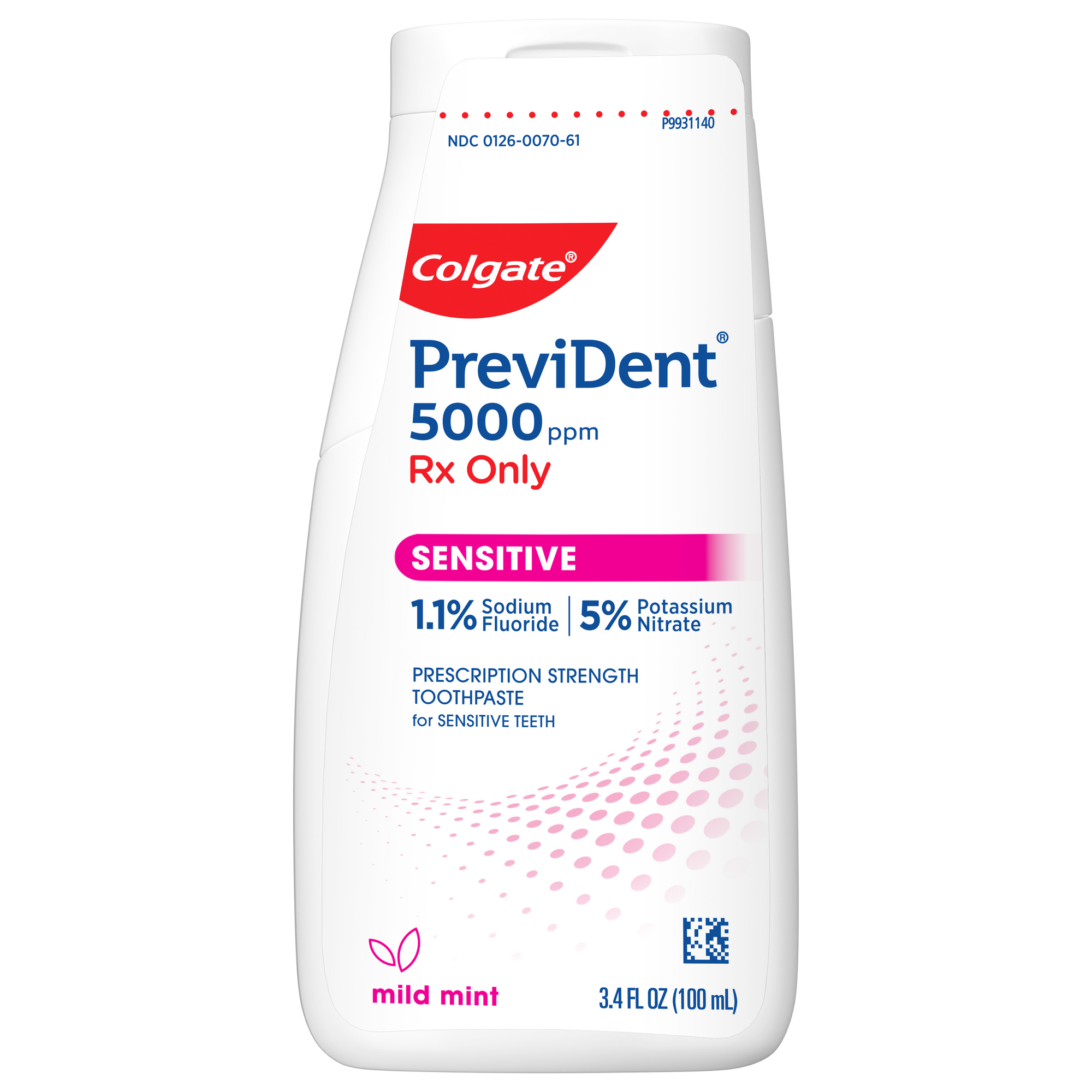
Have you ever worked on patients and noticed that your mirror stuck to the inside of their cheeks? Can you imagine what it would feel like if your mouth was that parched? As a dental hygienist, your patients look to you for guidance about their dry mouth symptoms and for suggestions on how to get relief from dry mouth.
In a survey of 1,012 Korean adults at least 55 years of age, published by the Oral Surgery, Oral Medicine, Oral Pathology, and Oral Radiology Journal, more than 70 percent of respondents reported at least one dry mouth-related symptom. Overall, a quarter of the participants were identified as having severe dry mouth. As a dental hygienist, you need to be able to determine the causes and help your patients find relief from dry mouth.
Asking About Symptoms
You should be proactive in asking patients if they have symptoms of dry mouth, especially if your patient has any risk factors for xerostomia. Always check your patients' medical histories for factors associated with dry mouth. Your patients may also think dry mouth is to be expected, and unless it is severe they may not mention it unless you ask.
During their regular dental visits, be sure to ask patients if they experience any of these symptoms:
- A dry or parched mouth
- Trouble swallowing or speaking
- Altered taste
- A sticky feeling or burning sensation in the mouth
- Rough tongue
- Cracked lips
- Mouth sores
- Bad breath
Finding the Cause
The cause may be obvious from a patient's medical history, and your patients may already know the cause. It's up to you to ask the right questions if you need more information.
According to the American Dental Association, some of the causes of dry mouth include Sjögren's syndrome, radiation for head and neck cancer, toxicity as a result of chemotherapy, uncontrolled diabetes and smoking. A wide variety of medications also cause dry mouth as a side effect. Some of these medications include antihistamines, antihypertensives, antidepressants, diuretics, pain medications, antiseizure drugs, muscle relaxants and decongestants.
Discussing Relief
There are several things that you can recommend to your patients to help relieve dry mouth. The following can help to temporarily relieve dry mouth symptoms:
- Drinking more water
- Chewing sugar-free gum or sucking on sugar-free candy to increase saliva production if the salivary glands are still working
- Using saliva substitutes to help the mouth feel moist
- Swishing with a mouthwash like Colgate Hydris. Hydris provides daily relief, locks in hydration, freshens breath and fights cavities.
- Avoiding alcohol, tobacco, caffeine and spicy foods
- Using a humidifier while sleeping, which is when a person's mouth may feel driest
In cases where you've determined that your patients' symptoms are due to medication, advise them on oral care and relief, and also that they may benefit from talking to their physician about their dry mouth concerns. Sometimes medication dosages can be adjusted or another medication can be substituted. Under some circumstances, a physician may also recommend a prescription medication to increase salivary flow.
Preventing Dental Caries
Patients with dry mouth have an increased risk of dental caries due to a reduced level/lack of saliva. Many of your patients may be unaware of this and need to be educated on how to keep their teeth as plaque free as possible and how to better protect them.
Be sure to spend enough time going over proper oral hygiene and emphasize how important good oral hygiene habits are for them because of their dry mouth. Explain the role of saliva in oral health so they understand that they need to make an extra effort when it comes to oral hygiene.
Stress to your patients the importance of maintaining their regular dental visits and using products that provide extra protection against dental caries. You can recommend brushing with Colgate PreviDent 5000 Dry Mouth prescription strength toothpaste, which is formulated to appeal to dry mouth sufferers. It contains 5,000 ppm fluoride to help provide extra protection against dental caries and is formulated to enable faster fluoride dispersion than paste-form Rx toothpastes. It is also SLS-free and comes in a soothing mint flavor. This prescription product should not be used for patients younger than 6 years of age, unless recommended by a dentist or physician.
Takeaways
- Know the risk factors of dry mouth that may tip you off that your patients have this condition.
- Ask your patients specific questions about their symptoms and potential causes of dry mouth.
- Recommend products that can help patients find temporary relief from xerostomia and reduce their risk of dental caries.
Why It's Important
Many people think they are doomed to deal with dry mouth symptoms. As a dental professional, you can let your patients know that relief is possible and that the symptoms do not have to be tolerated in silence.
Join us
Get resources, products and helpful information to give your patients a healthier future.
Join us
Get resources, products and helpful information to give your patients a healthier future.












